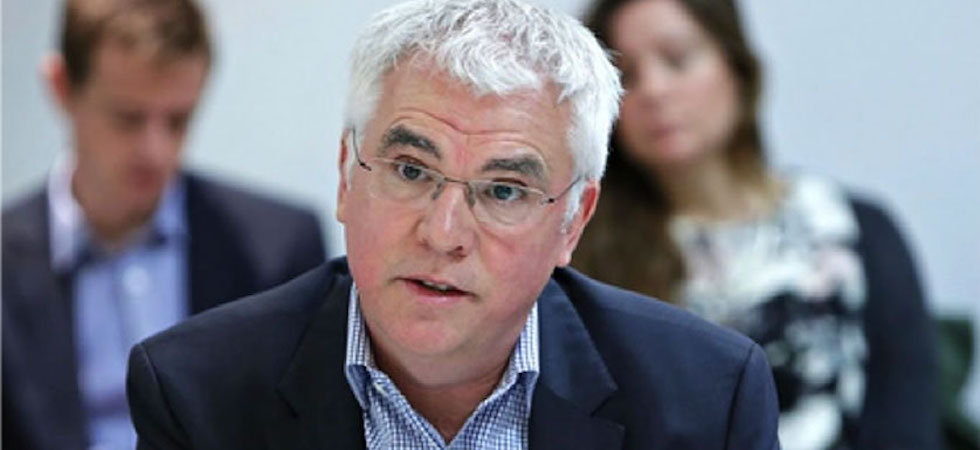OPINION
In an exclusive blog for NFU Scotland, Tim Smith, chair of the Trade and Agriculture Commission, outlined the role Scottish farmers and food producers have played in shaping his report which focuses on the future of British food and farming.
Ahead of his speech at the 2021 AGM and Conference on 10th February, Smith published the following blog:
“Seven months ago, the Secretary of State for International Trade asked me to lead the new Trade and Agriculture Commission. Our task was to advise the UK Government on how best to advance the interests of British farmers, food producers and consumers in future trade agreements.
“We were in the midst of the coronavirus pandemic and moving towards a trade co-operation agreement with the EU. There was much uncertainty and concern about what lay ahead for the agriculture and food industries.
“Fifteen members were appointed to the Commission to represent farmers, food producers, retailers and consumers alongside experts on animal welfare, the environment and trade policy.
“Their collective expertise and experience have assured a broad and deep examination of the challenges and opportunities future trade policy will bring.
“With the president of NFU Scotland, Andrew McCornick, on the Commission and Scottish representatives from the food and drink sectors in our Working Groups, Scotland’s interests have been championed throughout our discussions.
“We wanted to ensure that we heard as wide a view as possible from across the UK, so we reached out to over 300 businesses, trade bodies, academic and civil society organisations to seek their views on the questions we were considering.
“The road ahead will continue to have significant challenges – some of those are being experienced now. We won’t get everything we want.”
“We also ran a series of virtual roadshows in the English regions and the devolved nations.
“The Scotland roadshow brought together farmers, food and drink manufacturers and rural economy experts who stressed the importance of the agriculture, fishing and food industries to Scotland’s economy and way of life.
“They reminded us of Scotland’s global reputation as a producer of the finest quality food and drink, produced to the highest animal welfare and environmental standards, and of the worldwide recognition of the Scotland brand, as distinct from a UK brand.
“They expressed concern too at the prospect of cheaper imports, produced at lower cost and to lower standards than in the UK, and the potentially devastating effect this could have on rural communities whose livelihoods depend on being able to continue to trade – both domestically and internationally – on a level playing field.
“We have listened carefully to all these views as we prepare our report for the Secretary of State.
“It will be based on the premise that we need a UK trade policy which creates a fair and safe food and farming system for all with no race to the bottom, backsliding or turning back the clock on standards.
“It will be an ambitious, clear, practical vision for a future trade policy which increases opportunities for farmers and food producers, at home and overseas, and drives up international standards.
“The road ahead will continue to have significant challenges – some of those are being experienced now. We won’t get everything we want.
“But, as demand for high quality, sustainably produced food grows across the world, there is no reason why our agricultural and food industries should not continue to prosper and I have no doubt that Scotland will be leading the charge.”









